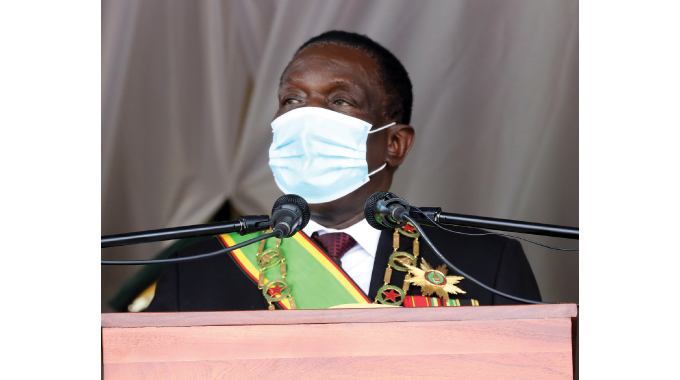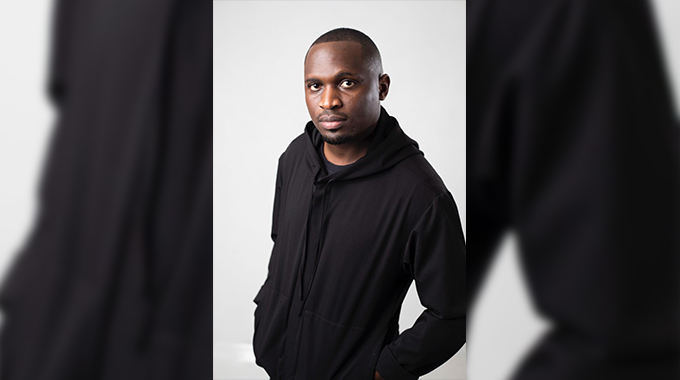Great Dyke Youth Awards spread across Midlands

Mthabisi Tshuma, Showbiz Reporter
THE second edition of the Great Dyke Youth Awards is set to accommodate the whole Great Dyke region (running from Chegutu to Zvishavane) after the success of the inaugural awards that mainly focused on the mining town of Zvishavane.
The awards are for young people under 35. They pay tribute to youths who have achieved success in their respective fields, have made a difference in the broader Great Dyke community and inspired others.
For the second edition, 16 awards will be presented to individuals and groups in categories – arts and culture, radio and television, business entrepreneurs, mining, education, health, science and technology, social welfare, agriculture, ambassador, breaking new ground, youth rights and development, social media, construction and sport.
The overall winner is set to be awarded the Great Dyke Youth of the Year trophy with organisers calling for entries. Achievements should be from January 2020 to the present day.

Anesu Antonio
The awards spokesperson, Anesu Antonio said the judging process will culminate in a spectacular gala evening at the New Radio Park in Zvishavane on August 27 to announce the winners.
She said the awards ceremony came about after the realisation that there was no event in the region that recognised, rewarded, and celebrated the achievements of inspirational youths who have pushed the boundaries and dared to dream.
“The awards seek to recognise young people whose success stories have inspired others, youths whose extraordinary stories of achievement demonstrate the passion, expertise and determination needed for success.
“Also, focus is on young people in the mining belt of the Great Dyke and surrounding areas who are doing amazing things. Many are leading in sports, championing change agendas and inventing digital and technological solutions to the myriad of problems faced by the mining belt’s community.
“Even more in the past three years, many youths have stepped up to join the fight against Covid-19 as frontline workers and are leading development movements in these delicate times,” said Antonio.

Covid-19 cells
As such, Antonio said organisers of the Great Dyke Youth Awards believe that these young change leaders and development agents deserve to be identified, celebrated and encouraged.
“We strongly believe that young people are becoming successful entrepreneurs, inventors, politicians, journalists, celebrities, educators, media personalities, advocates and role models. There is a precious need and opportunity for the region to reward these young achievers and leaders.
“We intend to become the region’s foremost awards initiative built by young people to inspire the next generation of leaders. Our greatest interest as a credible awards scheme is to highlight the works of young people changing the narrative and building an optimistic future for our community,” she said.
Antonio added that the event will identify and pay tribute to the region’s unsung heroes, and present them as role models to the rest of Great Dyke.
“They will also bring into focus the many issues that youths grapple with; issues that often make life a daily struggle.
The awards will pay tribute to the most exceptional and achieving youths who have not only achieved success in their own respective fields but who have made a tangible difference in communities and society as a whole,” she said, adding that the event seeks to create efficient mentorship for Great Dyke youths and support them to realise and reach their full potential.
The judging panel, Antonio said is a committee made up of stakeholders from every sector including Government ministries responsible for the different awards.
“The panel will come up with four nominees for each category after extensive consultations and research,” said Antonio.
“The criteria being used for the awards include whether the nominee has leadership skills, drive, and a strong personal vision for themselves; whether they are articulate and persuasive, and whether their work is relevant to the socio-economic conditions in their community and Zimbabwe as a whole.” – @mthabisi_mthire











Comments